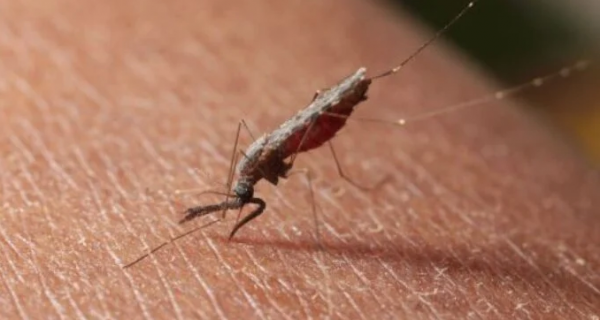Africa Reported Over 600,000 Malaria Deaths In 2021, Says WHO
The World Health Organisation (WHO) says Africa reported more than 600,000 deaths from malaria in 2021.
This was said by Matshidiso Moeti, WHO regional director for Africa, in a statement commemorating World Malaria Day.
World Malaria Day is observed on April 25 each year to draw global attention to malaria and its impact on families, communities, and societal development, particularly in Sub-Saharan Africa.
The subject for this year is “Harnessing Innovation to Reduce Malaria Disease Burden and Save Lives.”
Despite the COVID-19 pandemic, Moeti stated that the past year saw significant advances in malaria prevention and control, including the recommendation of the use of the first malaria vaccine.
She, however, noted that malaria remains a “significant public health and development challenge”.
“In the last year, about 95% of the estimated 228 million cases occurred in the WHO/AFRO Region, along with 602,020 reported deaths. Six of our countries, the worst-impacted by malaria in the Region, are reported to have accounted for up to 55% of cases globally, and for 50% of these deaths,” the statement reads.
“Despite some slowing of progress to reduce malaria cases and deaths, and the disruptions to health services caused by COVID-19, we are still much further ahead than we were in 2000. We need to reignite that momentum, and build on the recent advances.
“The ultimate goal is to reduce the number of people catching and dying from malaria. This requires a focus on research and on leveraging available evidence to ensure that our targeted interventions are an efficient use of resources, which produce measurable results.
“We also need to work on drug and insecticide resistance, as well as focus on new strains of malaria arising in the Region, which are more difficult to detect and treat.
“Malaria is, however, about much than medical and technological interventions. Malaria affects households and communities, and these communities need to be empowered to play an active role in the fight against this disease. As WHO in Africa, we recognize that a whole-of-society approach requires us to listen to, and learn from, those who are worst impacted.
“World Malaria Day today is an occasion to renew political commitment and encourage continued investment in malaria prevention and control. I call on countries and communities affected by malaria to work closely with development partners to advance our countries along the road to elimination, while contributing to the achievement of other Sustainable Development Goals.”


